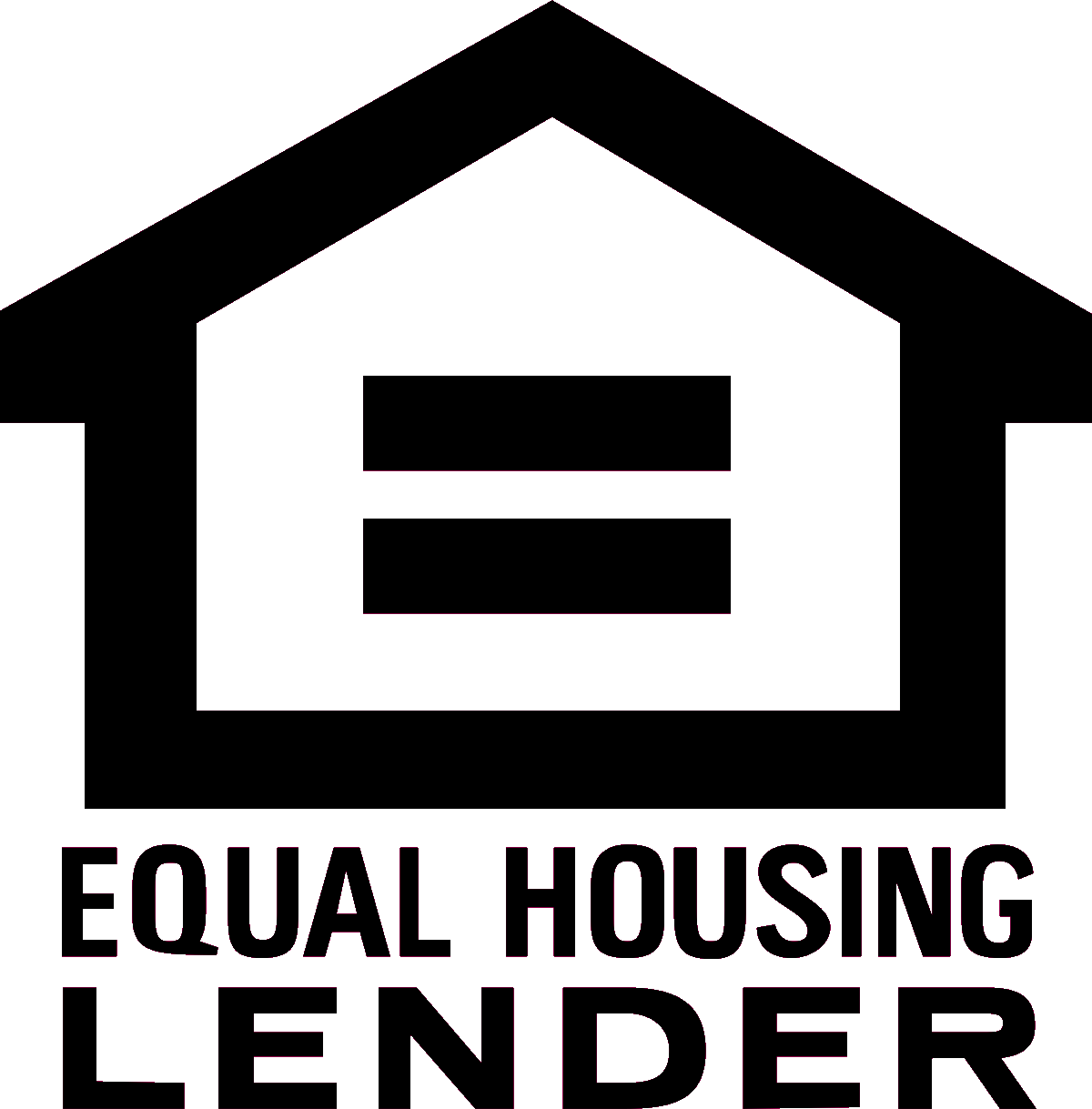Can I Qualify for a mortgage with limited savings?
What are closing costs and pre-paid expenses?
 Return to Can I Qualify? library
Return to Can I Qualify? library
To determine the funds you need to bring to closing, you need to consider down payment, closing costs, and pre-paid expenses. We covered the down payment last time. Now, let's look at closing costs and pre-paid expenses.
Closing costs are the fees paid to the professionals who are part of the homebuying process, including the appraiser, the surveyor, the title company, the closing attorneys, your lender, and potentially your real estate agent. Generally, the fees will amount to 1% to 2% of your loan amount, but they can be higher, especially if you buy down your interest rate or you have a smaller loan.
Don't believe the teaser ads that lure you with "no closing cost" loans. All of these profressionals will get paid. The only question is how it happens.
The closing costs also include up-front mortgage insurance for loans that have such, like FHA, USDA, and some VA loans. However, up-front mortgage insurance typically is added to your loan amount, so it doesn't increase your funds needed to close.
Pre-paid expenses are expenses you normally would pay because you're a homeowner that are collected up front. They include your first year's property insurance, an escrow buffer, assuming you're escrowing for property taxes and insurance, and the mortgage interest for the partial month in which you close. The total amount varies by transaction, but it often equals or exceeds the closing costs.
So, how much savings do you need to purchase a home? Next time, we're going to put all the numbers together for a $250k home.








